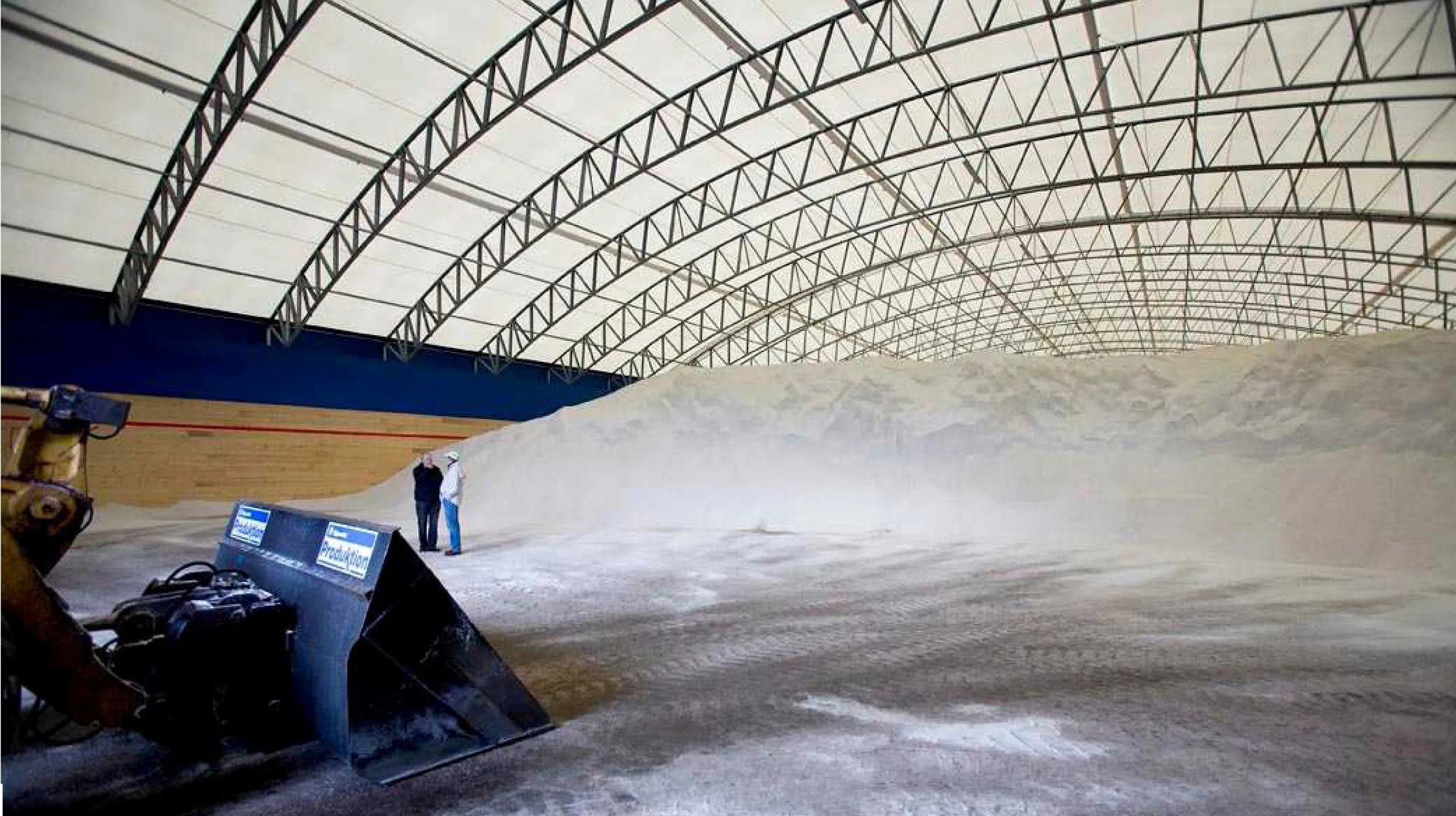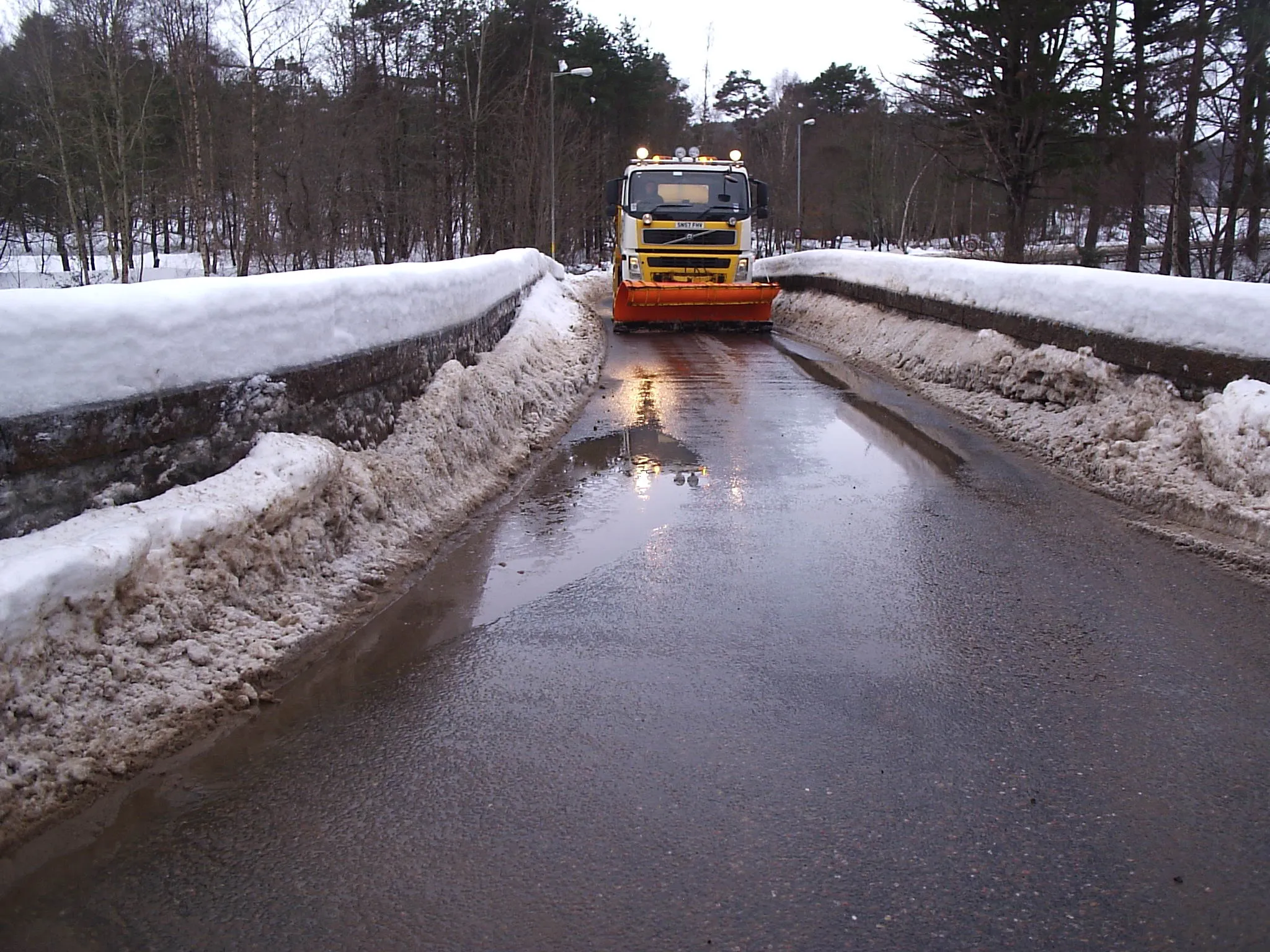With warmer weather now spreading across the Northern Hemisphere, the impact of a second successive harsh winter can finally be seen on the roads of many nations. The transport links of many countries were affected badly by tough winter conditions. From the US to Russia and the 27 European Union members, heavy snow blocked roads and led to endless delays.
February 27, 2012
Read time: 3 mins

With warmer weather now spreading across the Northern Hemisphere, the impact of a second successive harsh winter can finally be seen on the roads of many nations. The transport links of many countries were affected badly by tough winter conditions. From the US to Russia and the 27 1116 European Union members, heavy snow blocked roads and led to endless delays. Many drivers struggled with the ice and snow to complete their journeys while others simply delayed trips until later or relied on other transport methods. Interestingly, the levels of serious accidents were comparatively low according to some safety surveys, despite the icy roads. This may have been down to the fact that many drivers stayed off the roads, or drove more slowly and displayed far greater caution than usual.
The effect of the harsh weather on the road networks has been massive. Potholes have appeared on major road links right across the Northern Hemisphere, resulting in accidents and serious damage to vehicles. Bad roads are also resulting in serious congestion problems, with road repairs causing lane closures and delays. The cost of repairing vehicles damaged by bad roads has jumped enormously and in countries where local authorities may have to foot repair bills, this has led to a huge impact on budgets that are already stretched.
Amidst all this, it begs the question of how the situation can be improved. On asphalt roads, potholes most often occur at joints. Surely the frequent incidence of such failures would suggest that incorrect methods are being used for joining asphalt surfaces? Perhaps some contractors would admit to being happy to keep on patching roads and using inadequate methods for resurfacing as this ensures a ready flow of work. However, most drivers would surely prefer roads that last longer and without need for so many urgent pothole patching repairs.
Given that better roads can be built using available technology, the role of road authorities has to be questioned. Surely specifications need to be tightened to prevent so many early failures of road surfaces. And various old-fashioned road-building techniques could surely be replaced with newer and more efficient methods. The practice of accepting the lowest cost tender for a road repair should also be questioned. Cheap road resurfacing jobs rarely provide a lasting solution and usually end up costing substantially more. A properly built asphalt road surface should last for at least 10 years but low cost repairs may need replacing after two years (or less).
Better road construction techniques do exist, both for asphalt and concrete road surfaces. But road authorities need to learn to spend more on building roads properly first time round, rather than opting for the lowest cost patching option. Until attitudes change, drivers will continue to face unnecessary and avoidable delays and safety hazards on crumbling and potholed roads.
The effect of the harsh weather on the road networks has been massive. Potholes have appeared on major road links right across the Northern Hemisphere, resulting in accidents and serious damage to vehicles. Bad roads are also resulting in serious congestion problems, with road repairs causing lane closures and delays. The cost of repairing vehicles damaged by bad roads has jumped enormously and in countries where local authorities may have to foot repair bills, this has led to a huge impact on budgets that are already stretched.
Amidst all this, it begs the question of how the situation can be improved. On asphalt roads, potholes most often occur at joints. Surely the frequent incidence of such failures would suggest that incorrect methods are being used for joining asphalt surfaces? Perhaps some contractors would admit to being happy to keep on patching roads and using inadequate methods for resurfacing as this ensures a ready flow of work. However, most drivers would surely prefer roads that last longer and without need for so many urgent pothole patching repairs.
Given that better roads can be built using available technology, the role of road authorities has to be questioned. Surely specifications need to be tightened to prevent so many early failures of road surfaces. And various old-fashioned road-building techniques could surely be replaced with newer and more efficient methods. The practice of accepting the lowest cost tender for a road repair should also be questioned. Cheap road resurfacing jobs rarely provide a lasting solution and usually end up costing substantially more. A properly built asphalt road surface should last for at least 10 years but low cost repairs may need replacing after two years (or less).
Better road construction techniques do exist, both for asphalt and concrete road surfaces. But road authorities need to learn to spend more on building roads properly first time round, rather than opting for the lowest cost patching option. Until attitudes change, drivers will continue to face unnecessary and avoidable delays and safety hazards on crumbling and potholed roads.









